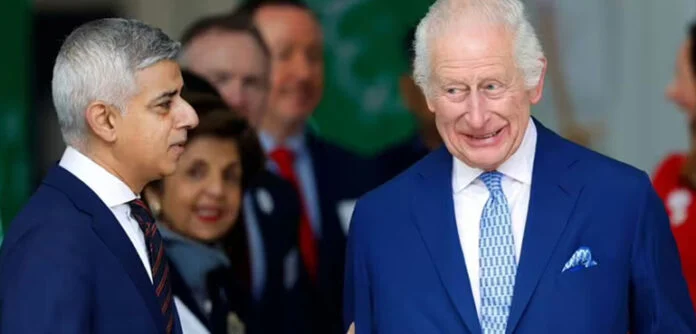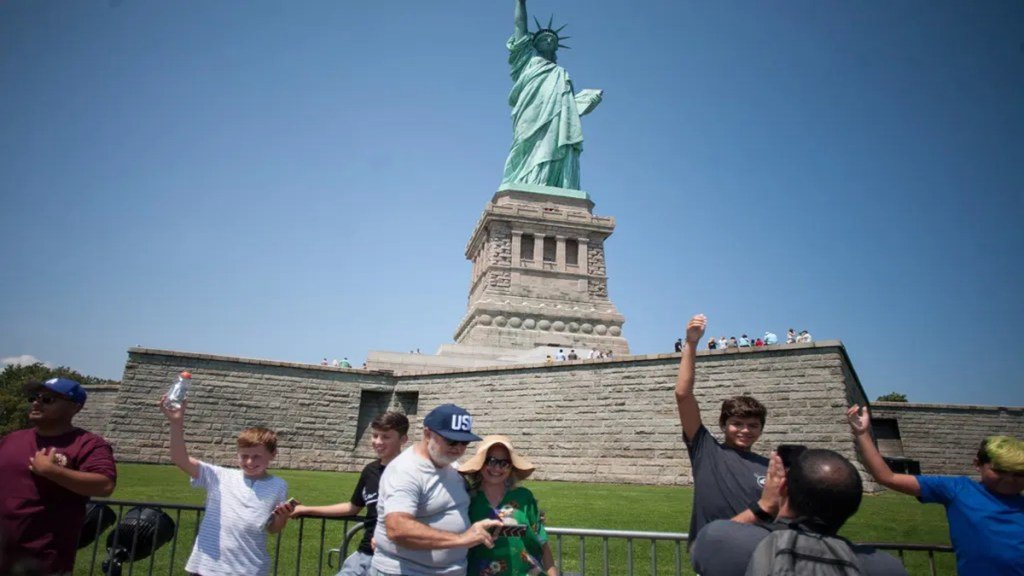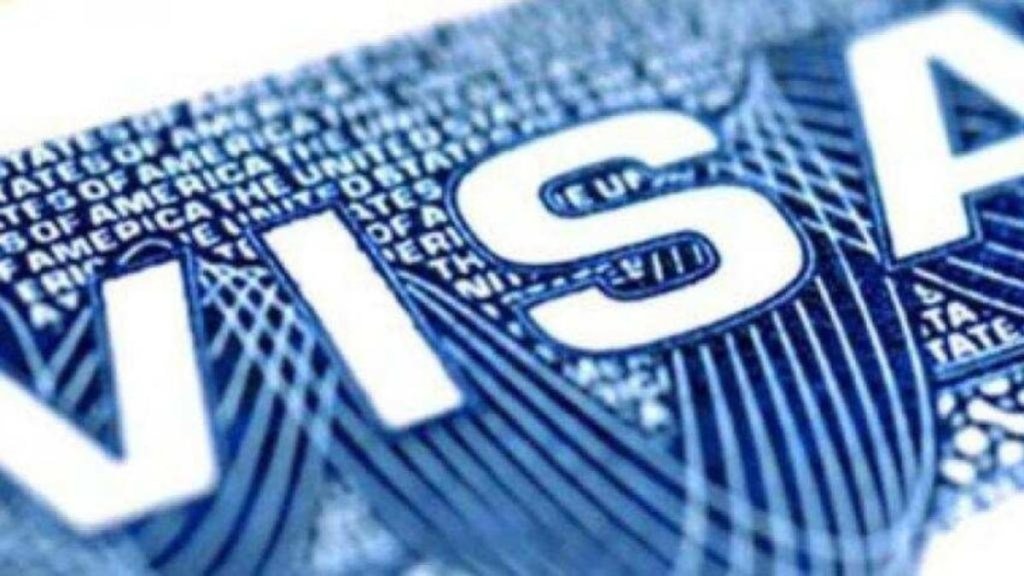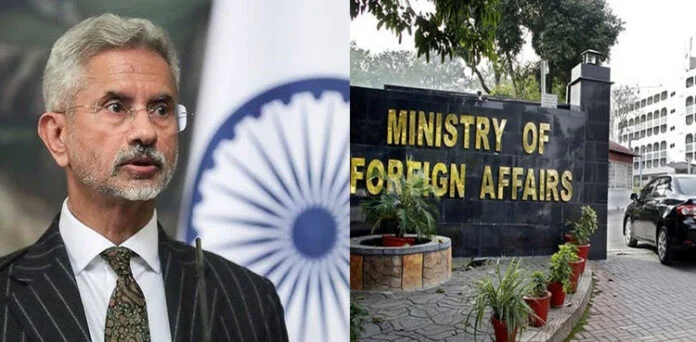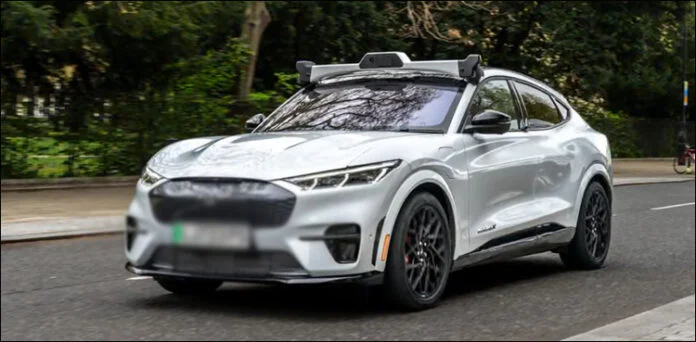
Spain, a country rich in cultural diversity and historical significance, has a complex past that has shaped its identity. From ancient civilizations to a powerful empire, and through various political changes, Spain’s journey is both fascinating and multifaceted.
Ancient Civilizations
The history of Spain begins long before the Romans arrived. The Iberian Peninsula was home to various ancient peoples, including the Iberians, Celts, and Phoenicians. The Phoenicians established trade colonies along the coast, including the city of Cádiz. The Greeks also contributed to the cultural landscape, founding colonies and engaging in trade.
By the 3rd century BC, the Romans began their conquest of the region, leading to the establishment of Hispania as a Roman province. The Romans left a lasting legacy in Spain, including advancements in architecture, engineering, and governance, as well as the spread of Latin, which would evolve into the Spanish language.
The Visigothic Period
After the fall of the Roman Empire in the 5th century, Spain experienced a wave of invasions, leading to the establishment of the Visigothic Kingdom. The Visigoths, a Germanic tribe, ruled much of the Iberian Peninsula and contributed to the early development of Spanish culture and law. Their reign lasted until the early 8th century, when the Moors invaded.
The Moorish Conquest
In 711 AD, Muslim forces, known as the Moors, crossed the Strait of Gibraltar and rapidly conquered much of the Iberian Peninsula. This period saw the rise of Al-Andalus, a region renowned for its cultural, scientific, and architectural achievements. Cities like Córdoba and Granada became centers of learning and cultural exchange, where scholars made significant contributions to philosophy, medicine, and the arts.
The Reconquista
The Reconquista, a centuries-long effort to reclaim territory from the Moors, began in the 8th century and continued until 1492. Various Christian kingdoms, such as Castile, Aragon, and León, played crucial roles in this struggle. The culmination of the Reconquista occurred with the capture of Granada in 1492 by the Catholic Monarchs, Ferdinand II of Aragon and Isabella I of Castile.
The Age of Exploration
The year 1492 also marked the beginning of Spain’s Golden Age, fueled by its newfound wealth and power. Christopher Columbus, sponsored by Ferdinand and Isabella, embarked on his famous voyage and discovered the Americas. This opened the door for Spanish colonization in the New World, where Spain established vast territories, leading to immense wealth from gold and silver.
The Habsburg and Bourbon Dynasties
In the 16th and 17th centuries, Spain became a dominant global power under the Habsburg dynasty. This era was marked by both cultural flourishing and military conflicts, including the Eighty Years’ War and the Thirty Years’ War. However, the defeat of the Spanish Armada in 1588 marked the beginning of Spain’s decline as a superpower.
In the early 18th century, the Bourbon dynasty took over, leading to reforms and the modernization of Spain. However, the empire continued to face challenges, including wars and uprisings in its colonies.
The 19th Century: Turmoil and Transformation
The 19th century was a turbulent period for Spain, characterized by political instability, wars, and the loss of its colonies. The Peninsular War (1808-1814) against Napoleonic France led to significant upheaval. Following the war, Spain lost most of its colonies in the Americas during the Spanish-American War of 1898, which further diminished its status as an empire.
The 20th Century: Civil War and Dictatorship
The early 20th century saw continued political strife, culminating in the Spanish Civil War (1936-1939). The conflict pitted Republicans against Nationalists, led by General Francisco Franco. Franco’s victory resulted in a dictatorship that lasted until his death in 1975. His regime was marked by repression, censorship, and the suppression of regional identities.
Transition to Democracy
After Franco’s death, Spain underwent a significant transition to democracy. The 1978 Constitution established a parliamentary monarchy and recognized regional autonomy. Spain’s entry into the European Union in 1986 marked a turning point, leading to economic growth and modernization.
Contemporary Spain
Today, Spain is known for its vibrant culture, diverse regions, and strong economy. It faces challenges such as political fragmentation, regional independence movements, and economic inequality. Nevertheless, Spain continues to be a significant player on the European and global stage, celebrated for its rich history and cultural heritage.
Conclusion
Spain’s history is a testament to resilience and transformation. From ancient civilizations and a powerful empire to a modern democratic state, the country’s journey reflects a blend of cultures, influences, and historical events that continue to shape its identity. Understanding this complex past offers valuable insights into Spain’s present and future.






